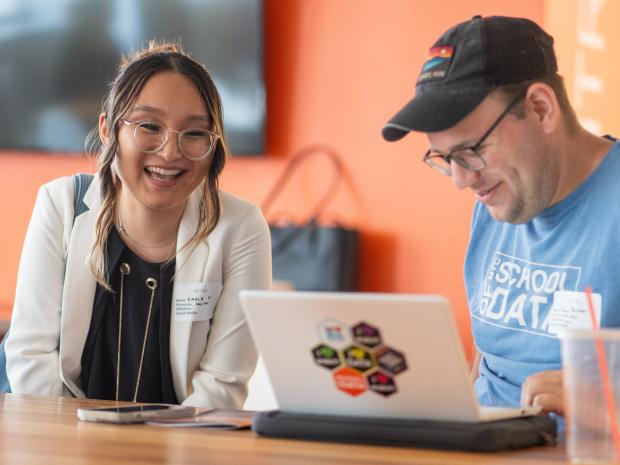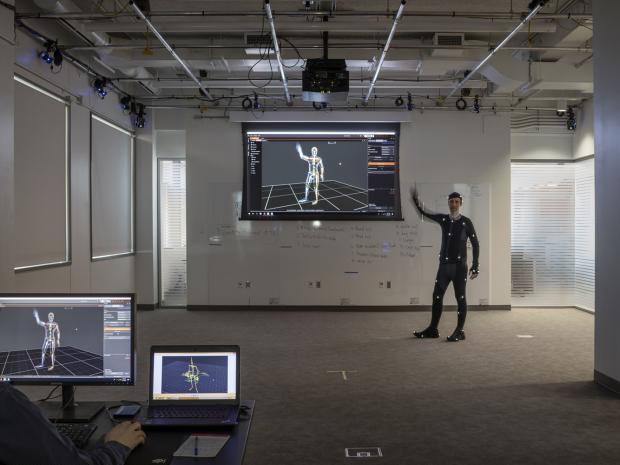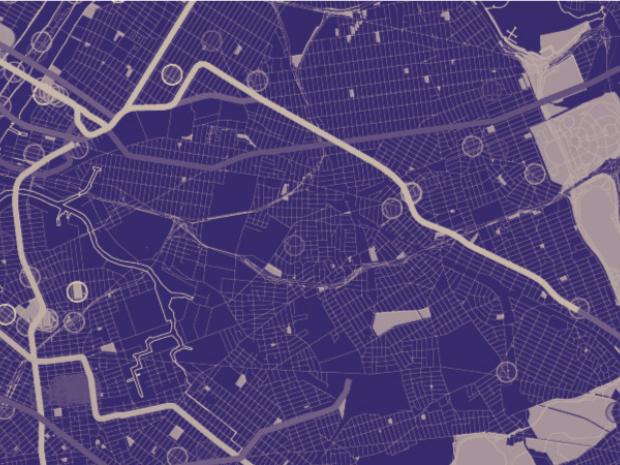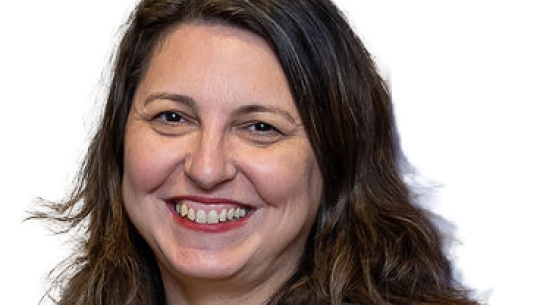Center for Urban Science + Progress
New York City's Leader in Urban Science
CUSP offers a Master of Science in Urban Data Science, as well as a Doctoral Track in Urban Science.
We develop and integrate data analytics and technologies to conduct interdisciplinary research in the service of urban communities across the globe.
Get involved with CUSP by attending our events, sponsoring a capstone project, or proposing a new collaboration.
What is Urban Science?
Just like cities themselves, urban science is a field that is constantly changing and requires many different perspectives. At its core, urban science studies how cities operate, how they grow, and how they can be improved–all using data and evidence-based practices. At CUSP, we break this down into different methodologies. Sensing technology allows researchers to collect a city’s data (i.e. sound scapes, flood patterns, energy usage, spreading of disease) in novel and creative ways. Informatics practitioners analyze that data to formulate computational insights about the challenge at hand. Complexity researchers can then create models to make predictions about a city’s potential future. Sensing, informatics, and complexity can help to inform policy and decision-makers at the city level. Specifically, CUSP focuses on using technology to impact urban health, infrastructures, and environmental concerns.
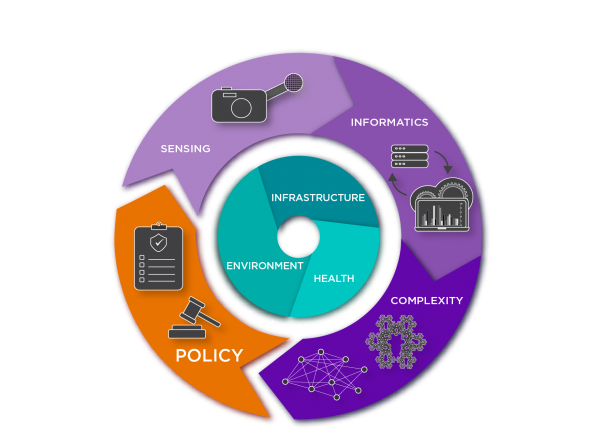
Public Events
Join us this Spring 2026 semester for urban science research seminars and our annual urban data science showcase.




